»Astral Weeks« ist das zweite Soloalbum des nordirischen Musikers Van Morrison, mit dem der ehemalige Them-Sänger nach der Auflösung der Band seine Solokarriere weiter ausprägte.
Aufgenommen wurde die acht Songs umfassende Platte innerhalb von nur zwei Tagen im September und Oktober 1968 in den Century Sound Studios in New York. Unterstützung erhielt Van Morrison dabei von dem Gitarristen Jay Berliner, dem Bassisten Richard Davis, dem Perkussionisten Warren Smith und dem Schlagzeuger Connie Kay. Es ist das erste Album, das der Sänger beim Label Warner Brothers produzierte.
»Astral Weeks« ist eine Mischung aus Folk, Blues und Jazz. Es gehört nicht zu den erfolgreichsten Van-Morrison-Alben, hat jedoch bis heute bei seinen Fans Kultstatus erlangt.
2015 erscheint nun eine Neuauflage des Albums, für die alle acht Songs komplett neu gemastert wurden. Die Expanded Version der Platte enthält zudem vier weitere, bisher nie veröffentlichte Tracks. Dazu gehören eine lange Version von »Ballarina«, eine vibraphonlastige Variante von »Madame George«, die ungekürzte Version von »Slim Slow Slider« sowie der erste Take von »Beside You«.
Mit »Astral Weeks« erscheint ein echter Leckerbissen für Van-Morrison-Fans. Ein Kultalbum in neuer Tonqualität, mit bisher nie gehörten Aufnahmen des legendären Musikers in der Expanded Edition.
»Nun erscheint das Meisterwerk in einem neuen Remaster in kristallklarem Sound. Als Bonus gibt es vier bislang unveröffentlichte Takes, darunter die längere, ungeschnittene Version von “Slim Slow Slider” sowie einen Mix von “Madame George” ohne Streicher.«
(Good Times, Dezember 2015 / Januar 2016)
"Astral Weeks was one of Van Morrison's first solo albums after he quit Them and it still stands as a great anomaly in his back catalogue. It's a staggering work, filled with a great, compassionate sorrow for the world that's cut with an ecstatic mysticism. His lyrics are visionary and deeply sensual, garbled passages of word-sounds that convey more via their movement and phrasing than any straight reading ever could. His band are phenomenal, although rumours still persist that - due to the fact that Morrison couldn't be in the same room with any of them - they all overdubbed their parts later, the core of the songs being Morrison's solo guitar and vocal track. Either way, the arrangements are glorious. There's a lightness of touch and a melodic freedom that's fairly jazzy, especially in guitarist Jay Berliner's quicksilver leads, an echo of his work with Mingus on The Black Saint and The Sinner Lady. The vibes, flute and soprano saxophone give the tracks an organic quality as they expand and contract like breath. The title track is a hallucinatory regression, via aerial views of heavy industry, visitations from dead bluesmen and resurrection through love, with Richard Davis' acoustic bass plotting little yelps of joy throughout. Still, Sweet Thing is the stand-out, with Morrison surrendered to love and vowing never to grow so old again. He was 23."
"This is music of such enigmatic beauty that, thirty-five years after its release, Astral Weeks still defies easy, admiring description. There was no precedent for it in Van Morrison's previous vocal and songwriting success: the bright, rolling pop of his 1967 Top Ten hit, "Brown Eyed Girl"; his earlier spell as the leader of Irish R&B punks Them and writer of the garage-rock standard "Gloria." And Morrison -- a notoriously private man for whom singing and songwriting have long been a form of emotional armor as well as release -- never 0sounded as warm and ecstatic, more sensual and vulnerable, as he did on Astral Weeks. It was, in part, the sound of sweet relief. Morrison was newly signed to artist-friendly Warner Bros., after a rough ride with his previous U.S. label, Bang, when he made Astral Weeks in the summer of 1968. This was to be his first full-fledged solo album, and he used the opportunity to explore the physical and dramatic range of his voice in his extended poetic-scat singing in "Beside You" and "Ballerina." Morrison also turned his back on straight pop-song structure, setting these hallucinatory reveries on his native Belfast (the daydream memoir "Cypress Avenue," the hypnotic portrait of "Madame George") to wandering melodies connecting the earthy poetry in Celtic folk and American R&B. The crowning touch was the superior jazz quintet -- including acoustic bassist Richard Davis and drummer Connie Kay of the Modern Jazz Quartet -- created by producer Lewis Merenstein to color the mists and shadows. Years later, Davis claimed that the album's basic tracks were all done in one three-hour session, and that Morrison never told the musicians what he wanted from them, or what the lyrics meant. Maybe he didn't know how. Astral Weeks is Morrison going deep inside himself, to the far corners of his life and art, without a net or fear. He was never this open, and naked, again.
Total album sales: 500,000"
(Rolling Stone)
Astral Weeks is generally considered one of the best albums in pop music history. For all that renown, Astral Weeks is anything but an archetypal rock & roll album: in fact, it isn't a rock & roll album at all. Employing a mixture of folk, blues, jazz, and classical music, Van Morrison spins out a series of extended ruminations on his Belfast upbringing, including the remarkable character "Madame George" and the climactic epiphany experienced on "Cyprus Avenue." Accompanying himself on acoustic guitar, Morrison sings in his elastic, bluesy voice, accompanied by a jazz rhythm section (Jay Berliner, guitar, Richard Davis, bass, Connie Kay, drums), plus reeds (John Payne) and vibes (Warren Smith, Jr.), with a string quartet overdubbed. An emotional outpouring cast in delicate musical structures, Astral Weeks has a unique musical power. Unlike any record before or since, it nevertheless encompasses the passion and tenderness that have always mixed in the best postwar popular music, easily justifying the critics' raves.
(by William Ruhlmann , All Music Guide)
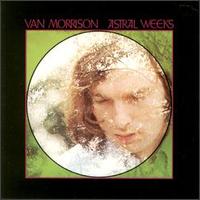
 Inselplatte #2 in Jahresliste
Inselplatte #2 in Jahresliste  Plattentipp
Plattentipp 



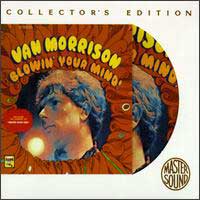
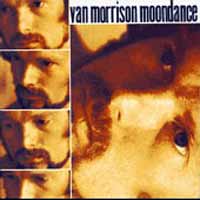
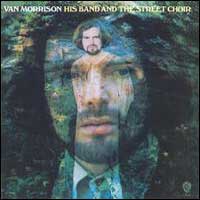
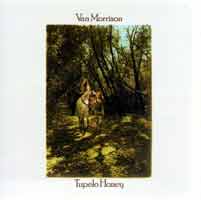
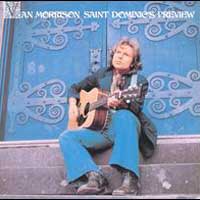
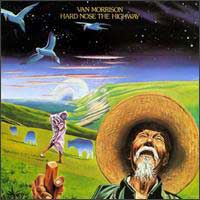
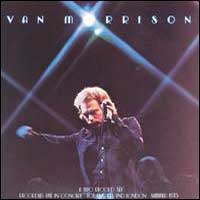
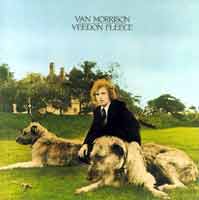
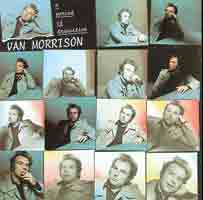
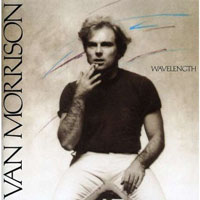
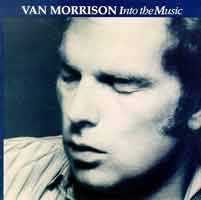
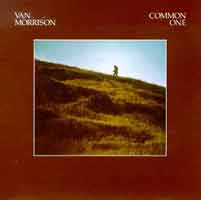
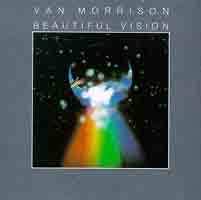
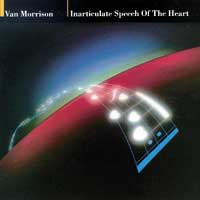
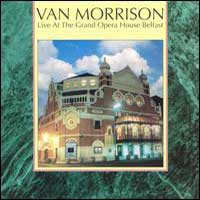
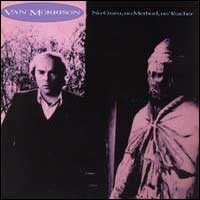

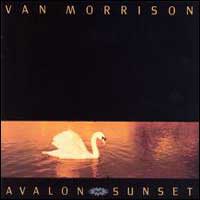
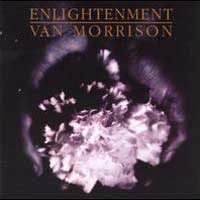
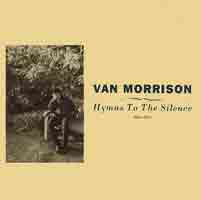
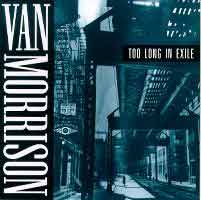
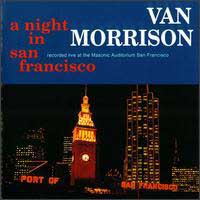
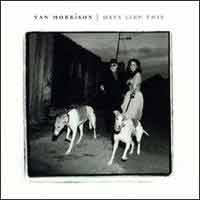
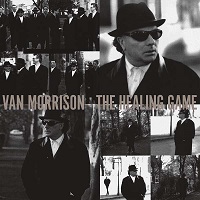
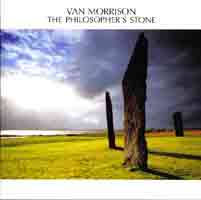
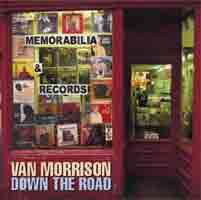
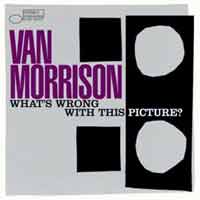
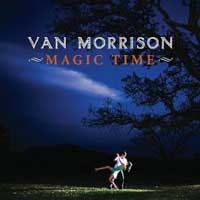
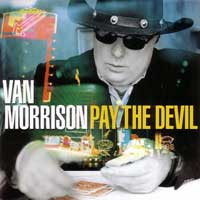
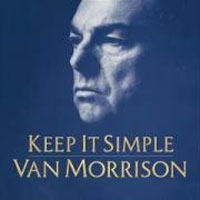
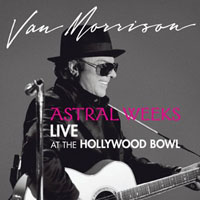

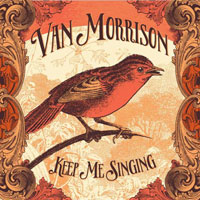
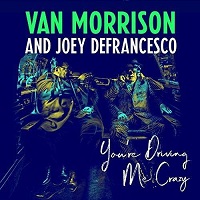
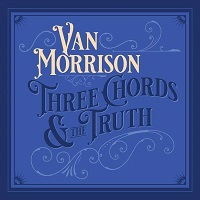
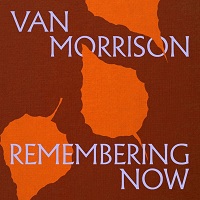




 #18 Melody Maker(2000)
#18 Melody Maker(2000)
 #16 Virgin/Colin Larkin(2000)
#16 Virgin/Colin Larkin(2000)



 #21 Scaruffi
#21 Scaruffi
 #4 Rock Critics Choice(1978)
#4 Rock Critics Choice(1978)
 #14 Sounds(2009)
#14 Sounds(2009) #3 Jimmy Guterman(1992)
#3 Jimmy Guterman(1992)
 eins von 1001 Alben, die Ihr hören solltet, bevor das Leben vorbei ist! (2008)
eins von 1001 Alben, die Ihr hören solltet, bevor das Leben vorbei ist! (2008) eins von 100 Insel-Alben von Günter Ramsauer (1961-2002)
eins von 100 Insel-Alben von Günter Ramsauer (1961-2002)